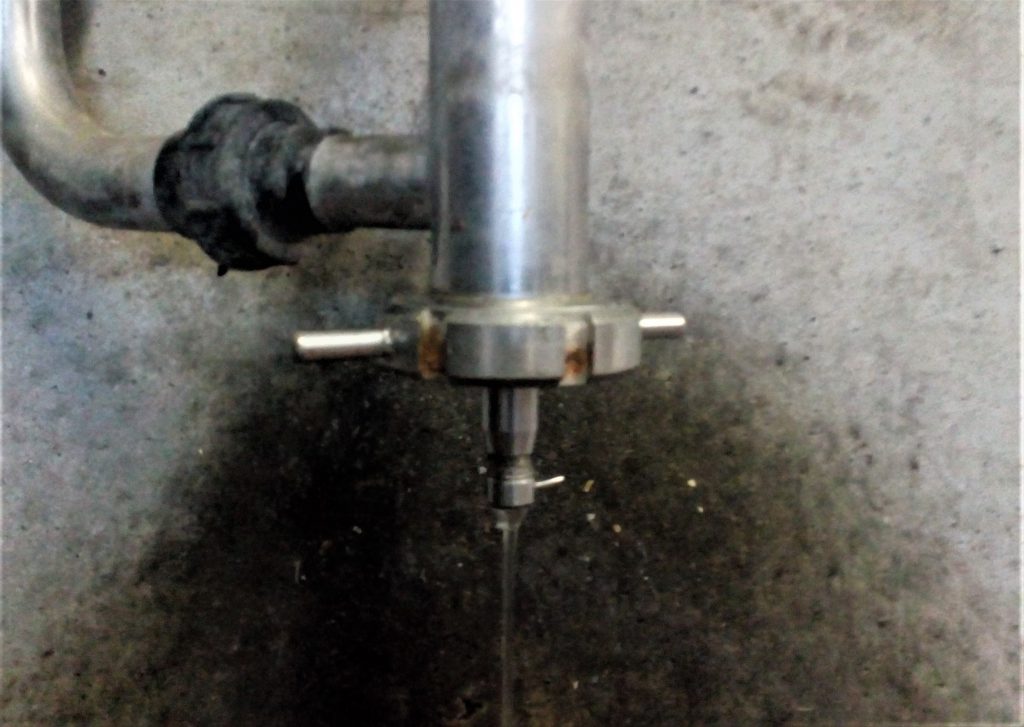The dairy expansion in Ireland has seen many farmers build new milking parlours, improve infrastructure and construct bigger sheds. However, farmers should keep Ireland’s changeable winter weather in mind when improving facilities on their farms.
If recent years are anything to go by, Ireland could face temperatures well below freezing point. With some farmers predicting fodder shortages, they do not need to add frozen pipes, frozen water systems and troughs to their list of worries.
The freezing of water pipes to sheds and outdoor water troughs; the freezing of milking machines and other equipment in milking parlours; and the freezing of coolant and diesel in tractors are situations that farmers can find themselves in.
Milking parlours
In the case of new milking parlours, farmers should think about long-term cold protection. Designing milking machines that are easy to drain can be useful if a ‘big freeze’ hits this winter.
The use of infra-red lights at strategic points on all liquid lines of the system can also make life easier for the farmer.
Prior to a period of cold/freezing weather, there are many tasks that the farmer can carry out as preventative measures. These include ensuring that water supplying pipes are either buried or sufficiently insulated to prevent freezing.
Guarding open parlour entrances or poorly fitting doors and using temporary plastic sheeting can provide shelter from freezing winds.
Investing in a thermostatically-controlled heater for the plant room, which can be set to switch on at a given temperature, is a useful way to prevent the milking machine from freezing.
Under-taking the simple things can be very effective. One simple step is to close doors between milkings to prevent heat loss. Completely draining the milking machine by running the machine for longer after the final rinse can also be very effective.
In addition, opening the drain plug at the filter sock and opening drains at low points also improves drainage.
Circulating a saline solution after the final rinse, as salt lowers the freezing point of water, can be beneficial. According to Teagasc, a 2.5% solution is a suitable concentration for the salt solution – 0.5kg of salt dissolved in 20L of water. However, care should be taken to rinse the machine fully before any subsequent milking.
Removing clusters from jet washers after cleaning and leaving them to hang freely will also make life easier.
Automatic scrapers
As cow numbers rise, farmers are investing more and more in new time saving systems. Many dairy farms have automatic scrapers. In snowy conditions, outdoor scrapers can collect snow which will need to be cleared at tank entry points.
Problems can arise when slurry freezes and creates problems for the ratchet mechanisms. Keeping the ratchet mechanism clean and the track free of frozen slurry near doors and feed walls should help the scraper move freely.
Water systems
Farmers should keep a watchful eye on water troughs when cattle are housed. Regardless of weather conditions, farmers should routinely check all water troughs in a shed – where cattle are housed – to ensure that they are in working order.
Dairy cows must have access to drinking water at all times. A cow producing 30L of milk and being fed a silage-based diet requires 75-90L (16-20 gallons) of water per day.
Finishing animals on high levels of dry feed, such as high concentrate diets, have a huge demand for water. These animals should always have free access to water. An animal consuming 10kg dry matter of dry feed will need 60L (13 gallons) of water daily.
According to Teagasc, if an animal is without water for a prolonged period of time, there is a chance they could gorge themselves when water is made available again.
Teagasc outlined some precautions a farmer can take to protect water troughs from freezing when a period of cold weather is forecast.
Farmers could fit a tap at the end of the pipe serving the shed. During a cold patch, this could be used strategically by opening the tap slightly to help prevent the water freezing.
With regards to water troughs in fields, especially concrete troughs, it is necessary to empty them if they are not in use; isolation valves are also a useful tool for water management on a farm.



